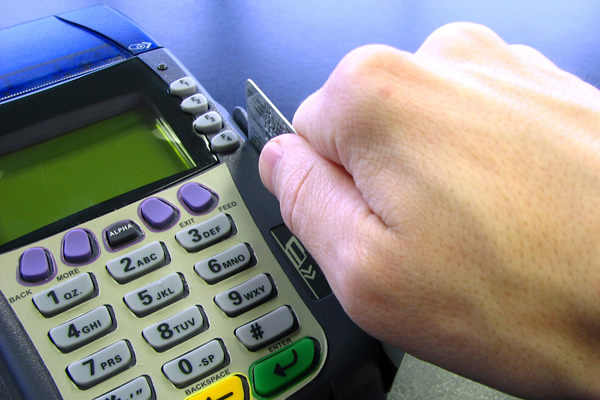Blockchain technology has revolutionized various industries, and its transformative potential extends into the realm of finance with the emergence of blockchain bonds. Unlike traditional bonds that rely on centralized authorities such as banks or financial institutions, blockchain bonds leverage the decentralized nature of blockchain networks, fostering trust and transparency in business transactions. At its core, a blockchain bond is a digital asset representing a debt obligation that is recorded on a tamper-proof and distributed ledger. This technology ensures that every transaction is securely and immutably recorded, reducing the risk of fraud and manipulation. One of the key advantages of blockchain bonds is their ability to eliminate intermediaries, streamlining the bond issuance and trading processes. Traditional bond issuance involves multiple intermediaries, including underwriters, custodians, and clearinghouses, each adding complexity and cost to the process. Blockchain bonds, on the other hand, allow for direct peer-to-peer transactions, cutting out unnecessary middlemen and reducing the overall cost of issuing and trading bonds.

The decentralized nature of blockchain also addresses trust issues inherent in traditional financial systems. The transparency and immutability of blockchain transactions provide a verifiable and auditable record of all bond-related activities. This transparency not only builds trust among participants but also reduces the risk of fraudulent activities such as double-spending or unauthorized alterations to bond records. Investors can track the entire lifecycle of a blockchain bond, from issuance to redemption, with confidence in the accuracy and integrity of the information. Smart contracts, self-executing contracts with the terms of the agreement directly written into code, further enhance the functionality of blockchain bonds. These programmable contracts automate various aspects of bond agreements, such as interest in Theperfectgift Ca payments and redemption, eliminating the need for manual intervention and minimizing the risk of errors.
The efficiency gained through smart contracts can lead to faster settlement times, reducing counterparty risk and enhancing liquidity in the bond market. Blockchain bonds also have the potential to democratize access to investment opportunities. The elimination of intermediaries, lower transaction costs, and the ability to fractionalize bonds make it easier for a broader range of investors, including retail investors, to participate in the bond market. This inclusivity can contribute to a more diverse and resilient financial ecosystem. In conclusion, blockchain bonds represent a paradigm shift in the world of finance, leveraging decentralization, transparency, and smart contract technology to forge trust in business transactions. As the adoption of blockchain continues to grow, we can expect to see a transformation in the way bonds are issued, traded, and accessed, ushering in a new era of efficiency, accessibility, and trust in the world of finance. This not only enhances efficiency but also opens up opportunities for smaller businesses and organizations to access capital markets that may have been previously out of reach.
